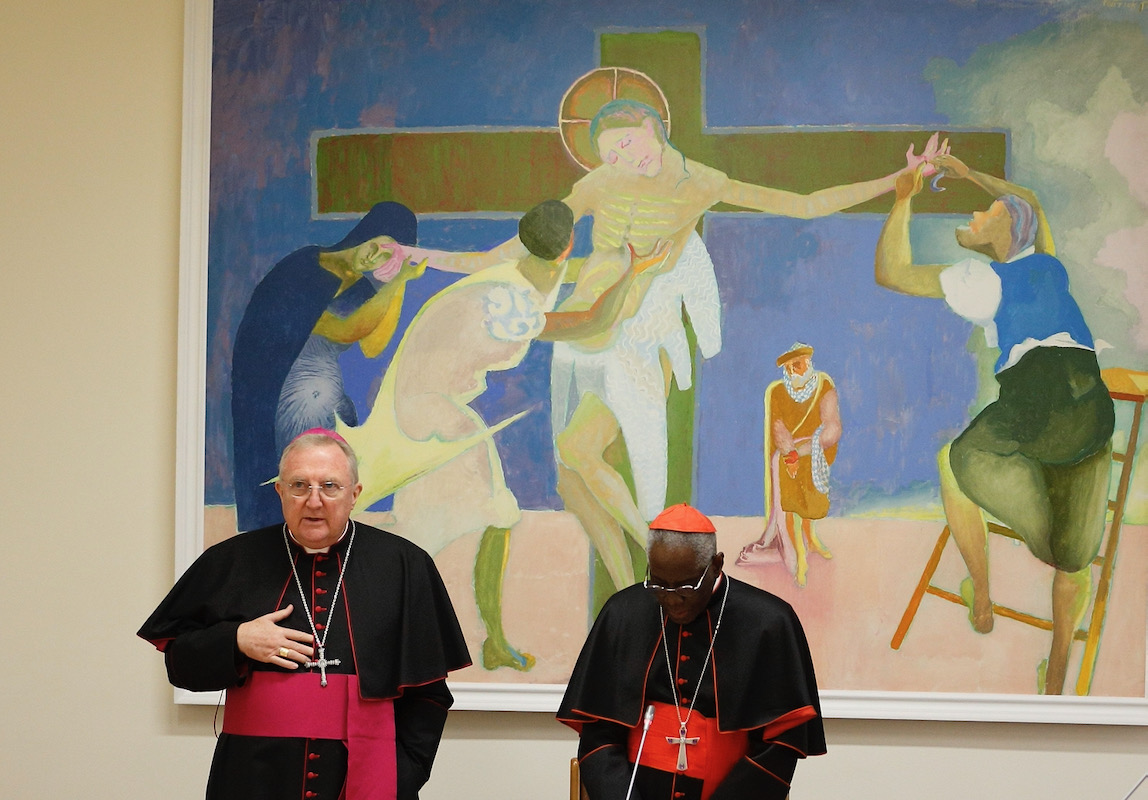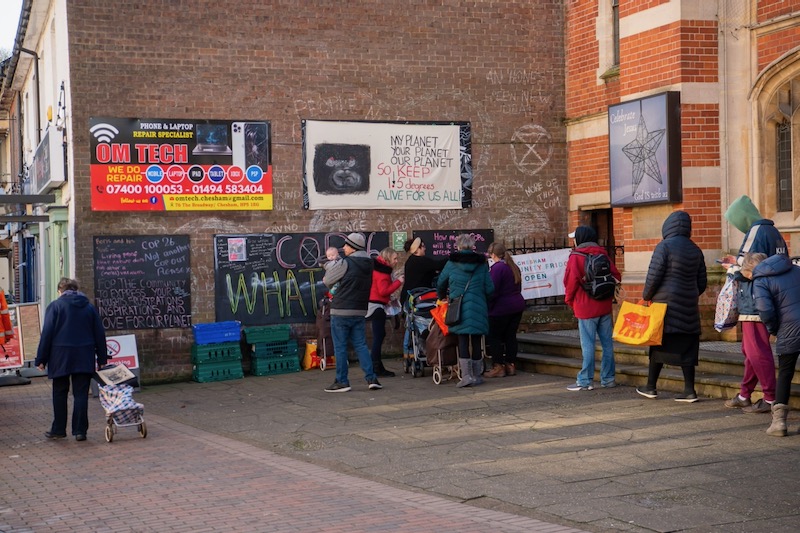In-work poverty is having a devastating effect on children, according to a report by the St Vincent de Paul Society.
The report, Stealing futures – In-work poverty and its impact on children and young people, pulls together existing research and reports from children and young people supported through the SVP’s Mini-Vinnies groups, as well as from SVP volunteers, staff and St Vincent's community support centres who work with people living in poverty.
The report draws on a recent study from the Institute for Public Policy Research which found that rates of poverty in working households increased to a new high of 17 per cent in the first quarter of 2021, equivalent to more than one in six households.
At the end of 2020, the Trussell Trust reported a spike in the number of people using food banks for the first time. This has been corroborated by the SVP’s frontline services across the country throughout this year.
If work is a key route out of poverty, the SVP suggests this is possible only if “work in today's Britain is adequate, provides a fair wage and sufficient flexibility”.
The report says that the reality is that rising housing costs, low wages, unaffordable childcare costs, compounded by growing inflation and the pandemic are leaving a rapidly growing number of working households in poverty.
In Spring 2021, the SVP ran a listening exercise across the country to speak with children and young people, aged between seven and 17, and their teachers to understand their personal experiences of living in, or supporting, households affected by in-work poverty.
“Growing up in a household experiencing in-work poverty has a deep and lasting impact on children,” said SVP National President Helen O’Shea.
“The experiences of the children and young people we heard from were striking and many spoke about the extreme hardship of having to be almost entirely isolated due to Covid restrictions, and how that led to mental health issues, anxiety and a deterioration in their physical health.”
She added: “Many children were also aware of the pressure on families living on low incomes who are struggling to afford food and digital equipment for school.”
She said it is of major concern that many of the young people have a fear of not being able to find a job themselves which would allow them to be financially stable and not homeless when they are older.
The SVP report points to the much-anticipated Employment Bill as a good opportunity to put in place measures aimed at tackling in-work poverty.
The SVP has made policy suggestions, including provisions which ensure employees have access to suitable working arrangements such as flexible working from day one, and secure work arrangements which prohibit zero-hour contracts.
The SVP is also calling for an extension to free childcare provision and a stronger social security safety net, including the reinstatement of the £20-per-week increase in universal credit. The widespread adoption of a real living wage would also address in-work poverty, the charity said.
O’Shea’s said: “Charity is not the solution to in-work poverty, and we need a strong commitment from the Government to tackle this hidden crisis, including policies to tackle insecure work, the high cost of childcare and low wages.”
The SVP said these measures will go some way to improving the quality of life and the opportunities for children and young people, and ultimately the health and prosperity of the nation, she added. “In the meantime, the SVP will always be on hand to support people in poverty of any kind through kindness and dignity.”



 Loading ...
Loading ...